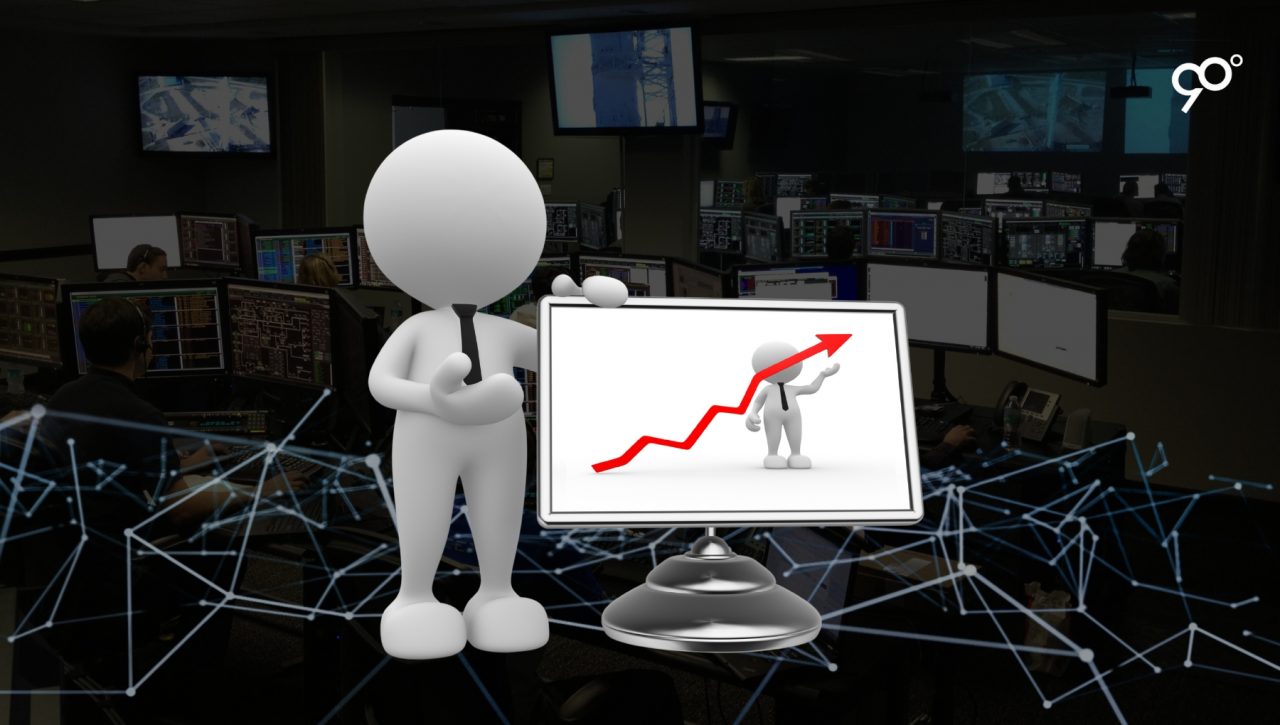
In today’s fast-paced political environment, it is essential for campaigns to proactively monitor and respond to public opinion. Analyzing the sentiments and needs of the electorate is crucial for enhancing a politician’s reputation and effectively crafting political messages.
Political media monitoring provides a systematic approach to collecting, analyzing, and interpreting all media content related to elections, political parties, and candidates. This process includes a wide range of media, such as social media posts, news articles, blogs, and online forums. The primary objective is to gather insights into voter sentiment, evaluate candidate performance, and identify trends in public opinion. By leveraging this data, political figures can make informed, data-driven decisions and respond swiftly to emerging issues, ultimately improving their connection with potential voters.
Why is political media monitoring essential?
Media monitoring is essential for managing political campaigns for several key reasons. One of its primary objectives is to combat disinformation. During election periods, political figures must protect themselves from fake news which could be used to tarnish their reputation. Media monitoring enables public relations teams to identify and track the dissemination of disinformation, allowing them to counter false narratives and safeguard the integrity of the electoral process.
Additionally, media monitoring plays a vital role in assessing a political figure’s media presence and understanding voter insights and concerns. When controversies arise, it allows political entities to detect and address potential crises early, thereby minimizing reputational damage and ensuring effective communication with the public. Furthermore, it helps identify the strengths and weaknesses of a campaign, enabling teams to adjust their strategies accordingly.
Despite its importance, political media monitoring does present challenges that public relations professionals must navigate to ensure the success of a political campaign. By overcoming these hurdles, campaigns can leverage media monitoring to enhance their effectiveness and responsiveness in a dynamic political landscape.
The challenges of protecting politicians
The rise of social media presents significant challenges for political media monitoring during elections. The widespread dissemination of disinformation poses a serious threat to political campaigns. False narratives on popular platforms like Facebook and X (formerly Twitter) can sway public opinion and disrupt fair elections. Detecting and countering these deceptive messages should be the top priority for public relations teams to ensure the success of political campaigns.
Privacy concerns also complicate this landscape. While gathering and analyzing extensive data is crucial for understanding public sentiment, it must be done ethically and in compliance with privacy regulations. Striking a balance between collecting essential information and adhering to data protection laws should be a key component of any political campaign strategy.
Additionally, the fast-paced nature of social media can lead to information overload. PR teams must invest time, effort, and tools to filter through the vast amounts of data related to their political campaigns. By overcoming these challenges, political media monitoring can effectively guide campaigns toward responsive and voter-centric strategies. Below are three strategies you can use to get ahead of these challenges.
1. Media Monitoring Team, Assemble!
Begin by establishing a dedicated media monitoring team for your political campaign. This specialized group will delve into social media conversations and news coverage, utilizing advanced monitoring tools. Their mission is clear: to swiftly identify shifts in public sentiment and potential controversies by analyzing vast amounts of data to extract critical insights.
2. Analyze and Interpret the Data
Once your team has filtered the relevant data, it is imperative to conduct a thorough analysis. This step is essential for evaluating your campaign’s performance, understanding public perceptions of your political rivals, and staying informed about key issues impacting your campaign. Your team must continuously assess whether the data collected aligns with your campaign objectives—after all, knowledge is power.
3. Engage and Communicate
A successful political campaign hinges on proactive engagement. Prioritize responding to social media mentions and interacting with constituents. Timely responses not only enhance engagement but also demonstrate that you value public opinion. Be quick to address negative comments or mentions related to the candidate; but also make sure that you are mindful and respectful in your reply. Be strategic and polite to mitigate potential damage. At this point in the game you and your team must have a ready communication plan in place – utilize it but also be flexible when the unexpected arises. In the realm of politics, effective communication is paramount.
Are you looking for a PR agency that can provide effective media monitoring and help you navigate your political campaign? Ninety Degrees PR Solutions has a team of professionals ready to swiftly overcome challenges and support you on your political journey. Contact us today to get started!
Follow Ninety Degrees PR Solutions on LinkedIn for more public relations and communication related articles.







